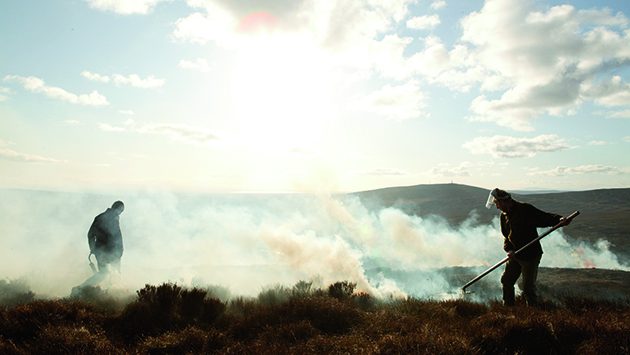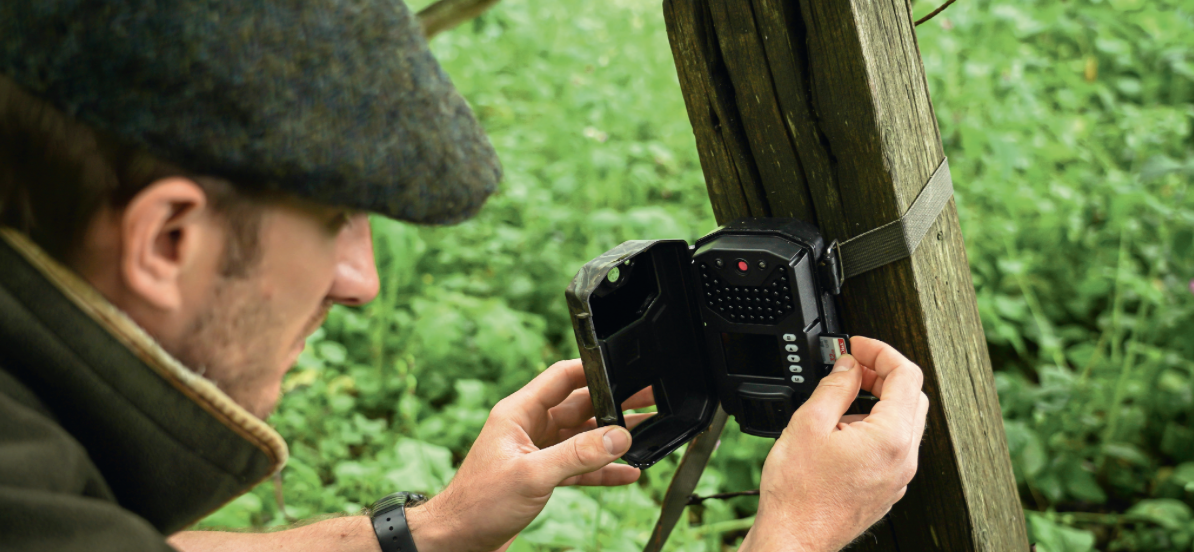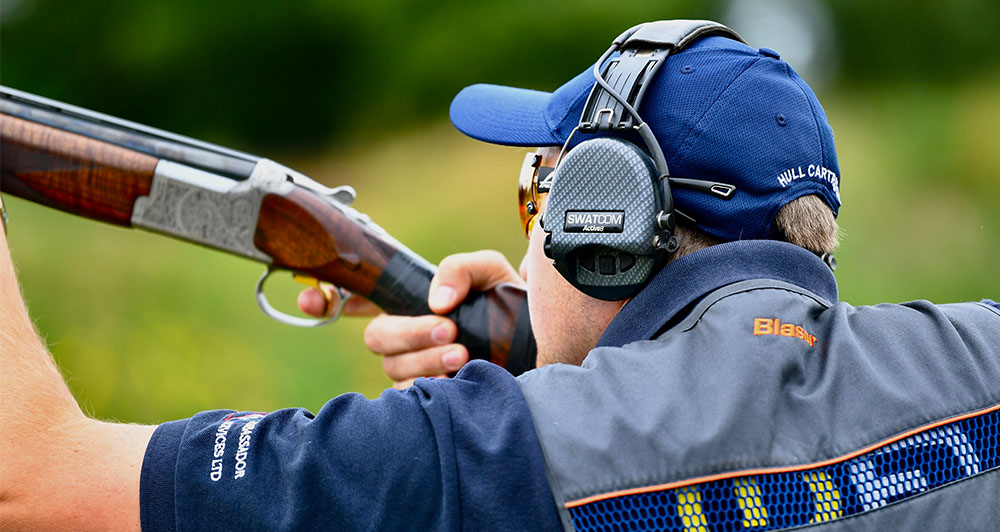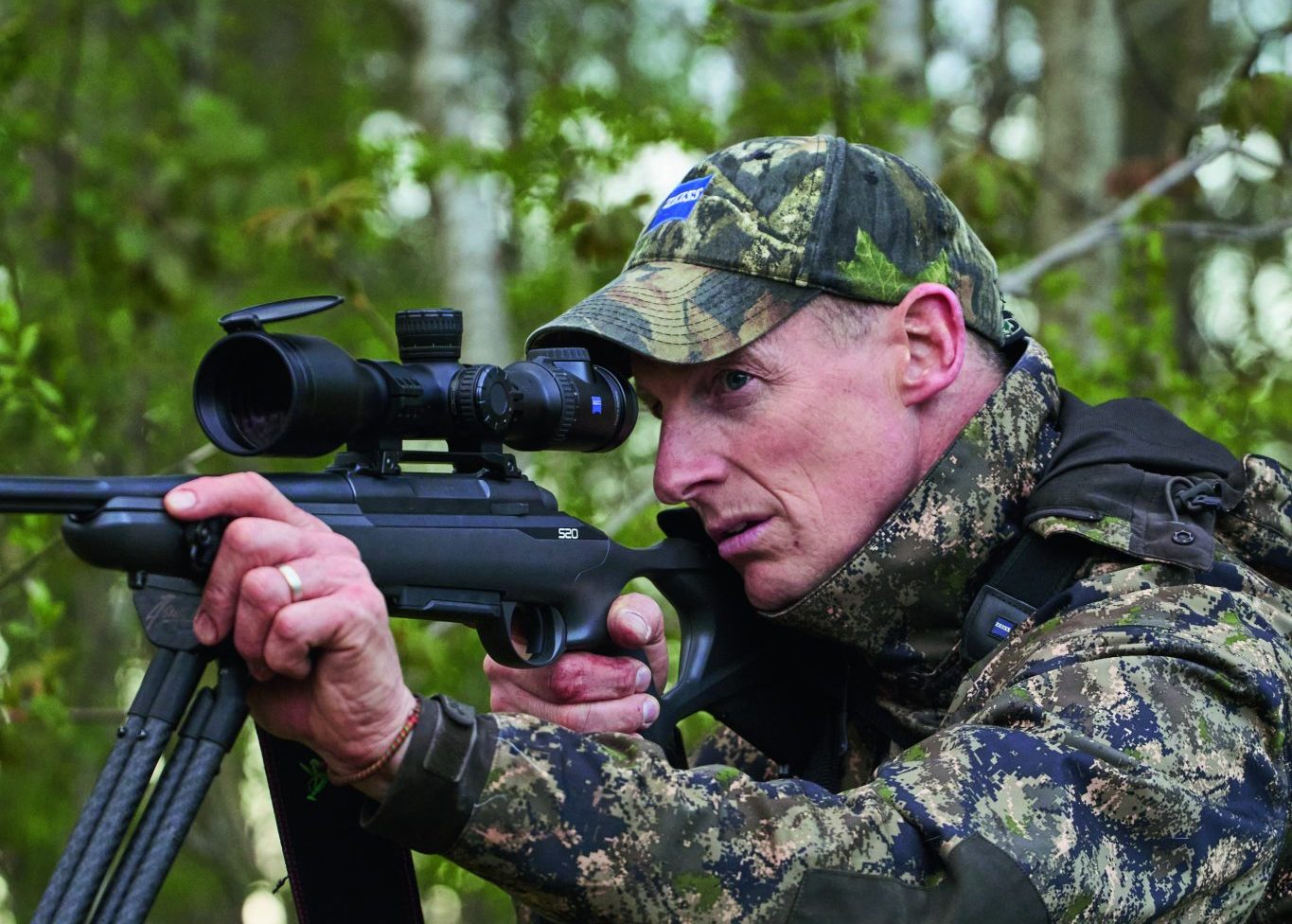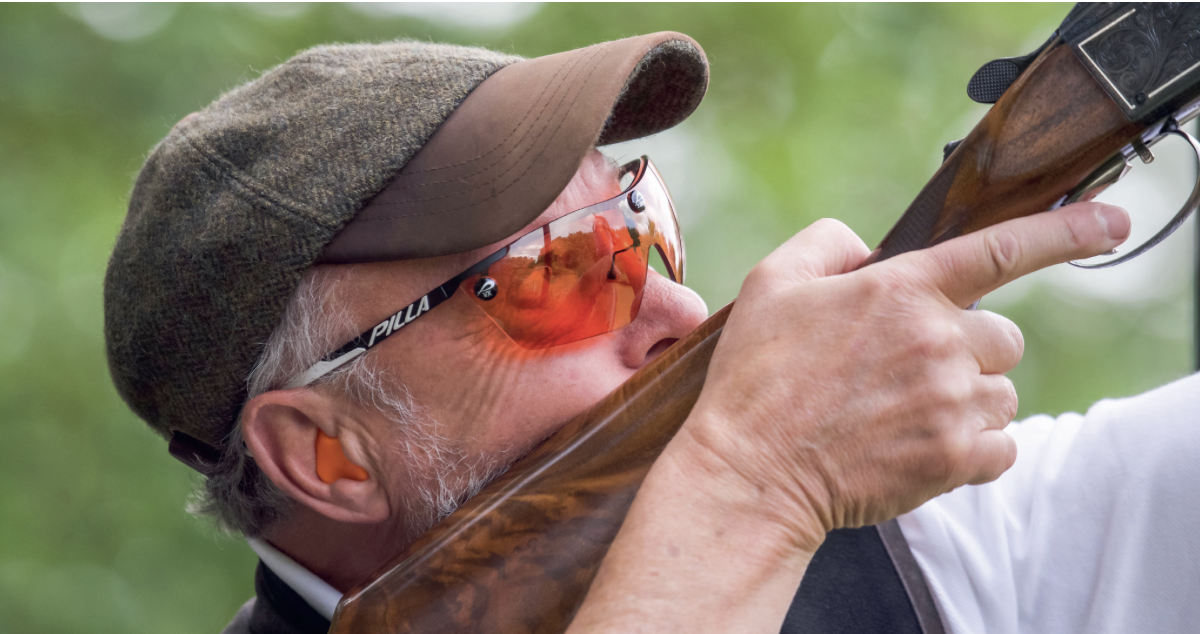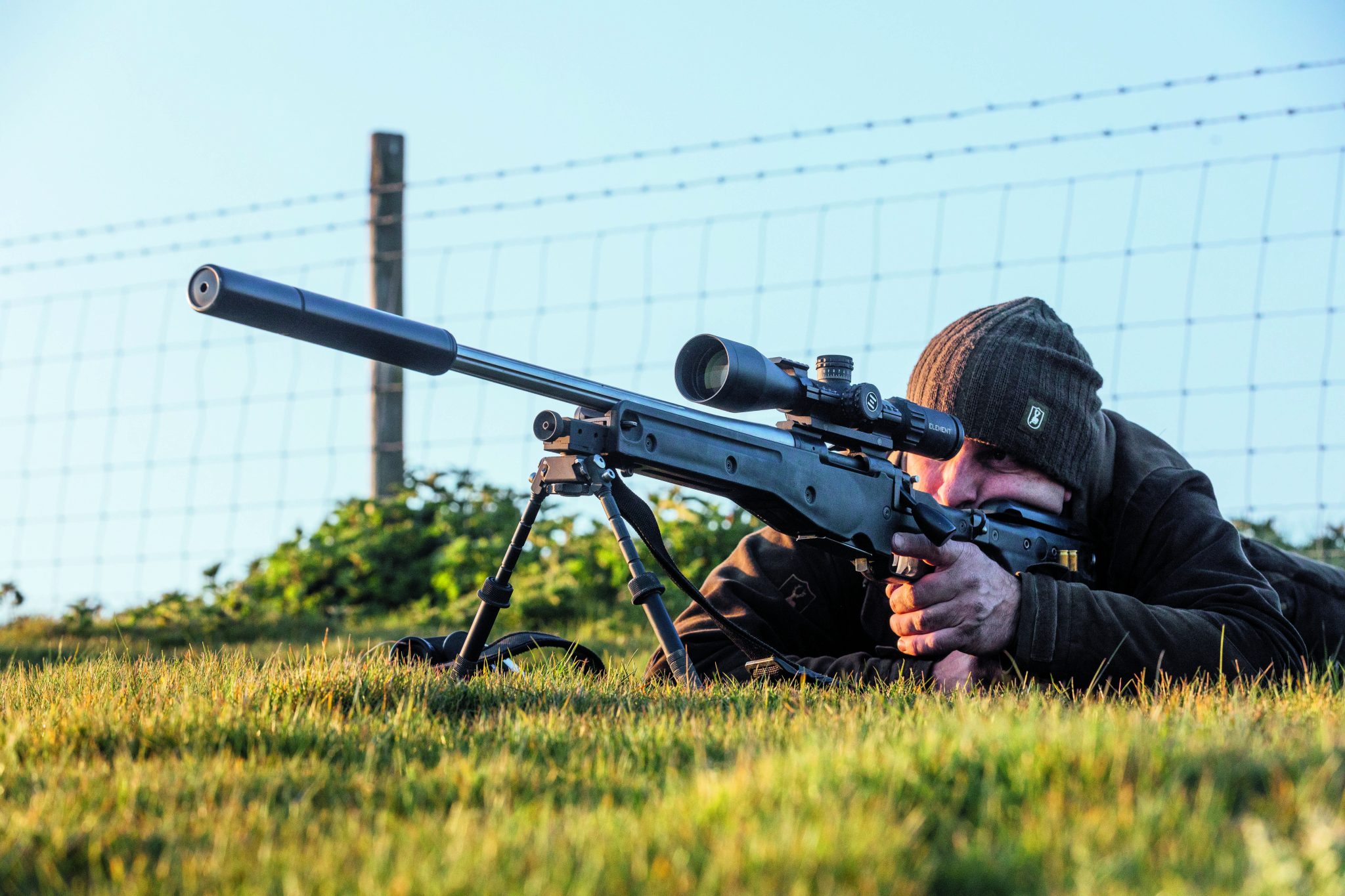
A sound decision as moderators to be taken off licences
After years of lobbying and more than 19,000 consultation responses, the Government has finally confirmed what the shooting community has long argued – that sound moderators should be removed from firearms licensing controls
Read moreShootingUK is the definitive online destination for enthusiasts of game shooting, stalking, and country pursuits across the UK.
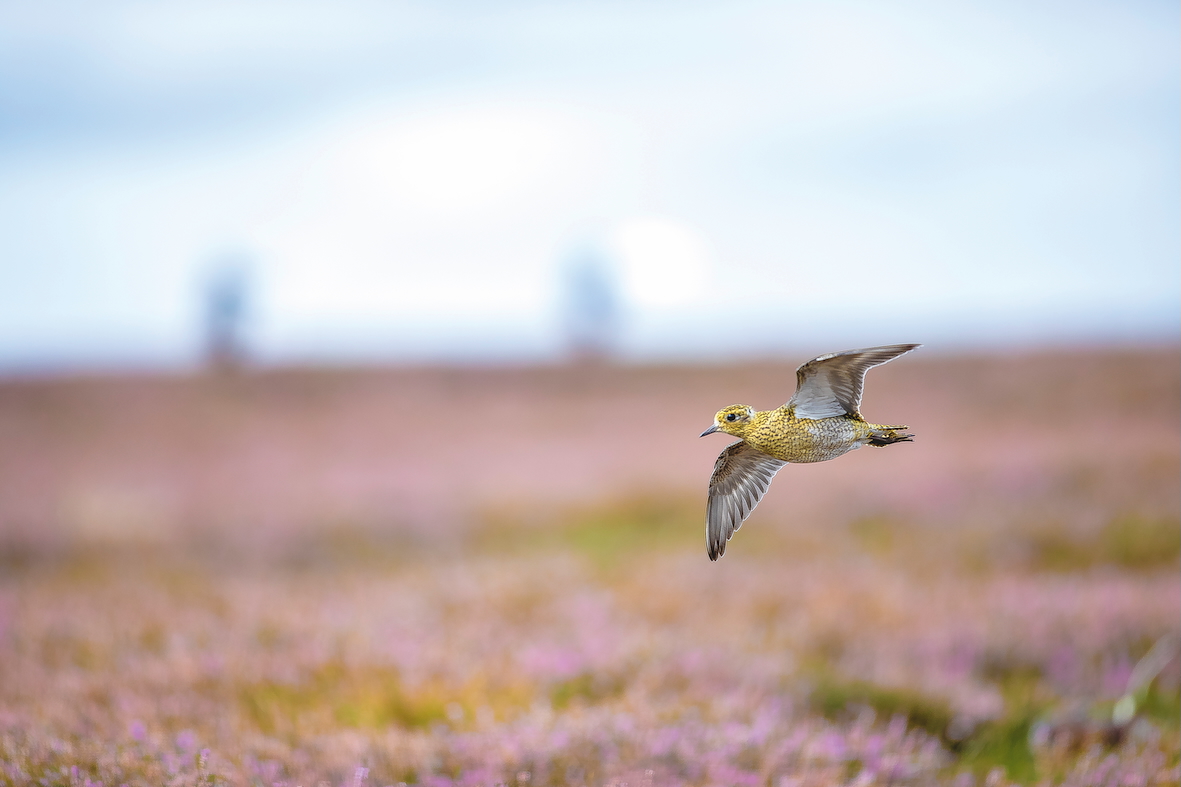
News
Devasting effects of keepers downing tools
A 20-year experiment highlights the dramatic decline in our red-listed birds after predator control ends, proving the vital role of gamekeepers
Read more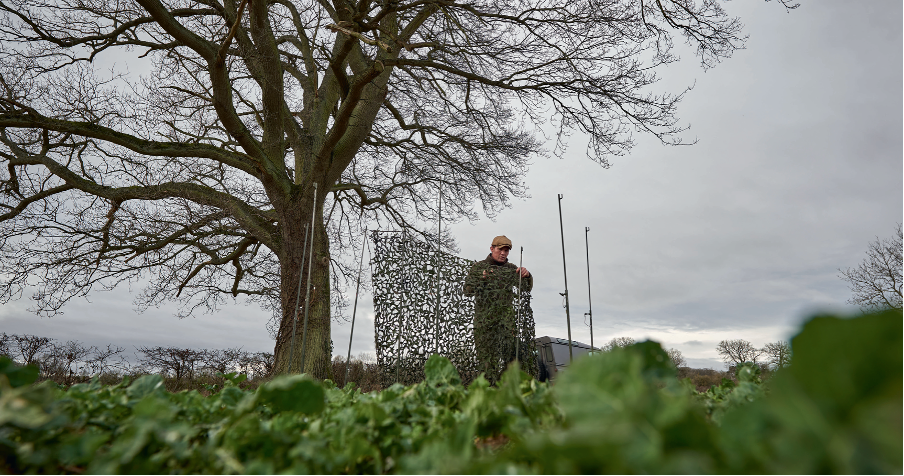
Kit review
Woodpigeon shooting kit reviewed
Tom Payne reviews modern woodpigeon shooting kit, from hide poles to flappers and decoys.
Read moreManage Consent
To provide the best experiences, we use technologies like cookies to store and/or access device information. Consenting to these technologies will allow us to process data such as browsing behavior or unique IDs on this site. Not consenting or withdrawing consent, may adversely affect certain features and functions.
Functional Always active
The technical storage or access is strictly necessary for the legitimate purpose of enabling the use of a specific service explicitly requested by the subscriber or user, or for the sole purpose of carrying out the transmission of a communication over an electronic communications network.
Preferences
The technical storage or access is necessary for the legitimate purpose of storing preferences that are not requested by the subscriber or user.
Statistics
The technical storage or access that is used exclusively for statistical purposes.
The technical storage or access that is used exclusively for anonymous statistical purposes. Without a subpoena, voluntary compliance on the part of your Internet Service Provider, or additional records from a third party, information stored or retrieved for this purpose alone cannot usually be used to identify you.
Marketing
The technical storage or access is required to create user profiles to send advertising, or to track the user on a website or across several websites for similar marketing purposes.


